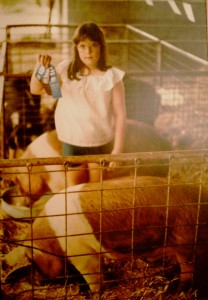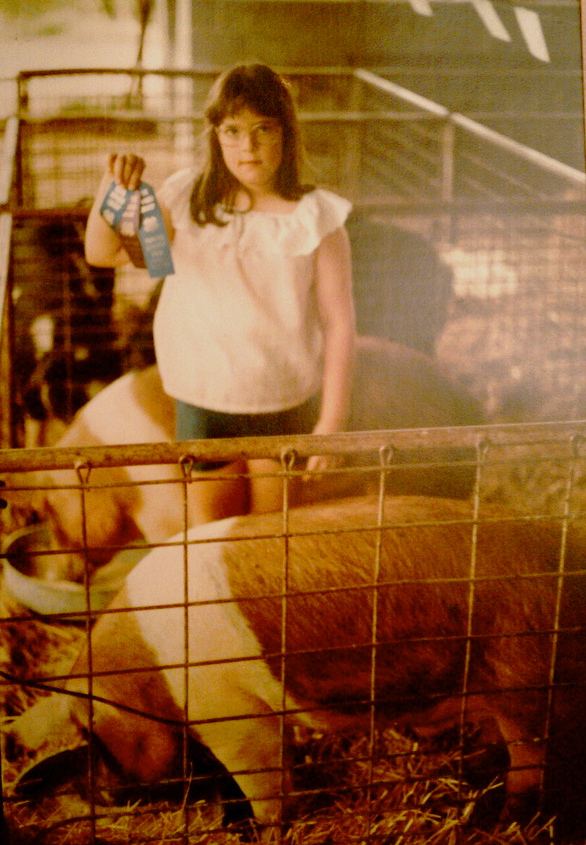When I was a girl, I wanted a horse, sooooo bad. Every Christmas, every birthday, I had but one request.

“Please, Dad, I just want a horse.”
“There are no horses on pig farms,” my father would flatly respond.
But maybe my cowgirl dreams have finally come true. Because now…this farmer’s daughter is working for the cowboys.
***
When I was in Zimbabwe in 2002, the cowboys arrived. Here was a country… No, stop. I actually find country situation characterizations/commentary to be boorish most of the time, so I’ll spare you. Let’s just say that a breadbasket can be easily emptied if the baker decides to quit baking.
Before this, development had been going on quite well in Zimbabwe for a couple of decades. But an empty breadbasket in the aid community is a signal for the monetization experts and logisticians to descend upon a country.
So the food relief guys rode into town. Those of us expats already there for “real” development work, flippantly called them the cowboys. They came to save the day, and then they would ride off into the sunset while we farmers plowed, planted, toiled. We were tethered to the ground, and expected to see our yields down the line.
But the cowboys had a different way about them. They steamrolled. Relationships were secondary to procedures. And we had to admit—they got sh%& done.
In the longer-term programs, questions plagued us. So many factors were involved in sustainable change. Were we even doing the right thing? Would people’s resilience and well-being be improved by our interventions? And how could we even really understand this?
The cowboys’ didn’t suffer from second-guessing. Their mandate was clear and they knew what they were there to do. They were there to deliver food. It was so simple.
We were jealous.
***
This week I officially re-entered the aid game. I now sit in headquarters—the cowboys’ headquarters.
Luckily I know more now, and can certainly see that the distinction between simple and complex is itself far from black and white. The cowboys, it turns out, spend more time planting seeds then I had given them credit for a decade ago. And the farmers, it turns out, spend much more of their time on “delivery” rather than reflection on the “big picture.”
From farmer to cowgirl, I don’t know how my outlook will change. I just know that it will.
Here’s my perspectives that won’t change:
– That “implementing partners” are sovereign organizations and should be treated accordingly in thought, word, and deed.
– That the only people whose definition of “impact” really matters are the people we serve.
– That the best aid workers out there do not only bring an intellectual curiosity to their work, but an emotional one as well. This results in a willingness to examine the personal, and more importantly the institutional motivations, behind decision-making and resource allocation.
– That if I am not willing to speak up for these things, I and my organization are both less likely to be effective.
It’s going to be a wild ride! Yeehaw!
***
Seems like as good of a time as any to remind readers of this blog’s disclaimer: The opinions expressed here are mine and mine alone. Content contained herein how-matters.org is not intended to reflect the work of any of my past, present, or future employers.
***
Related Posts
How to Work in Someone Else’s Country (A Book Review)
The elephant hasn’t left the room: Racism, power & international aid


A healthy dose of curiosity is always a good thing! Enjoy the new wild ride.
Congratulations – I look forward to reading more about what you learn as you broaden your experience further.
No horses on pig farms – are you using pig farms as a metaphor for long term aid projects? Trying to think through this image… 😉